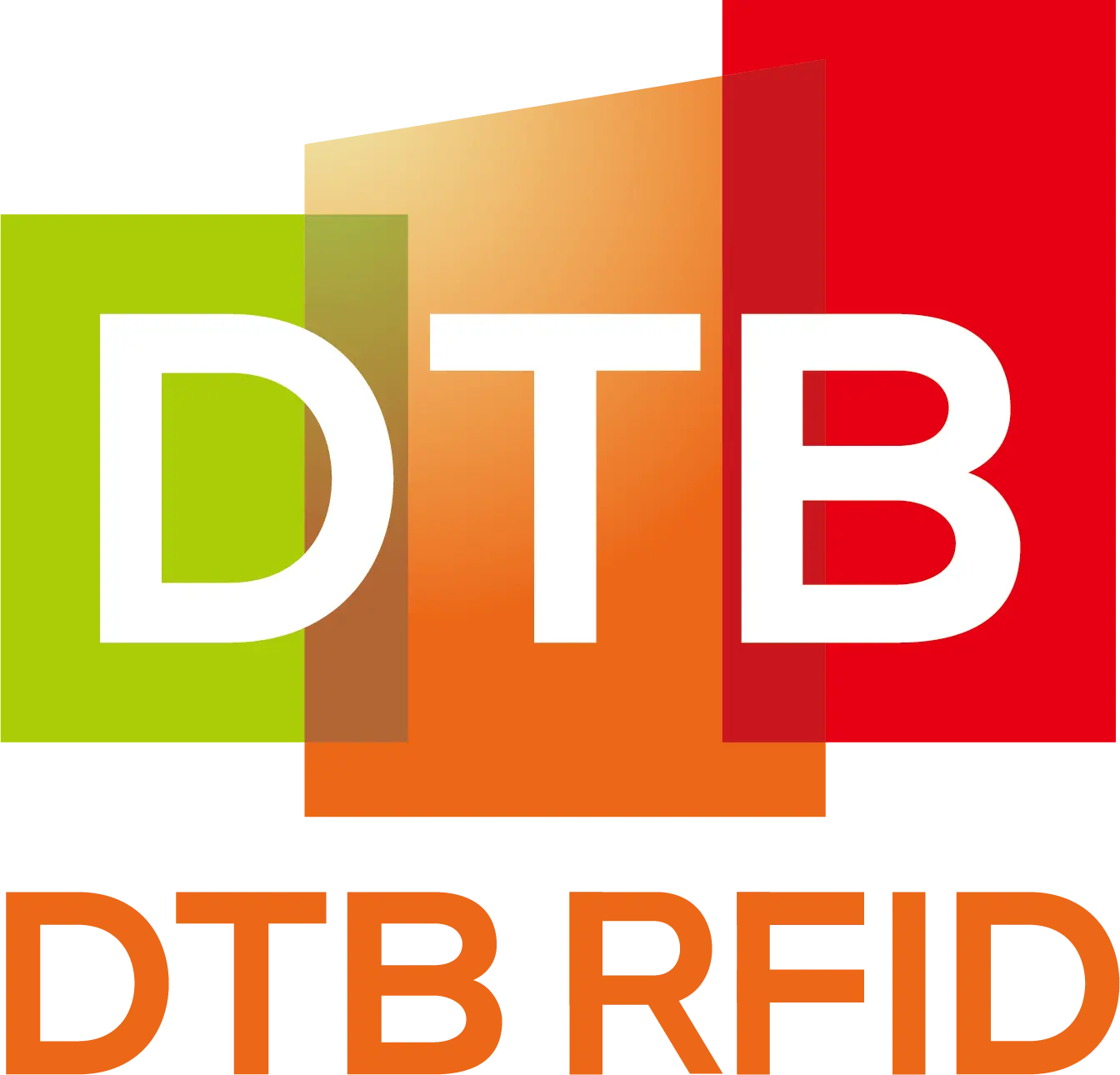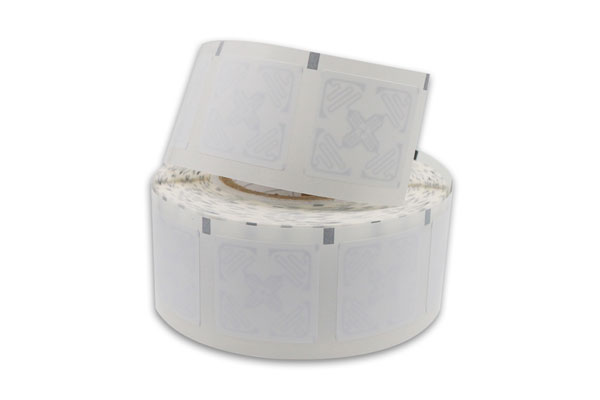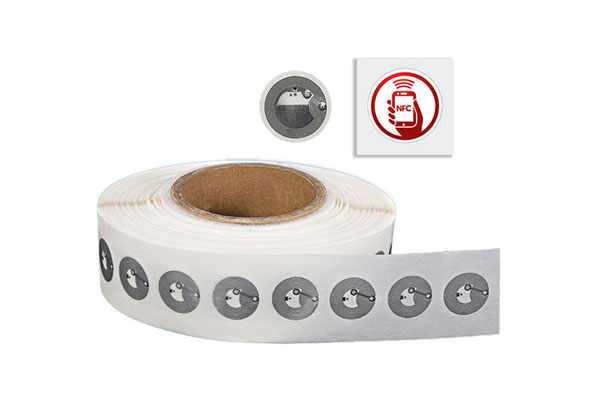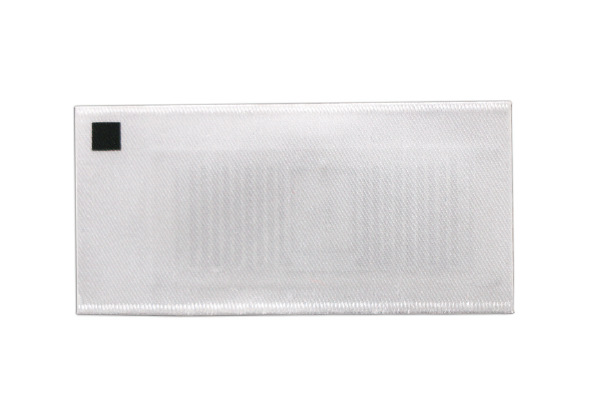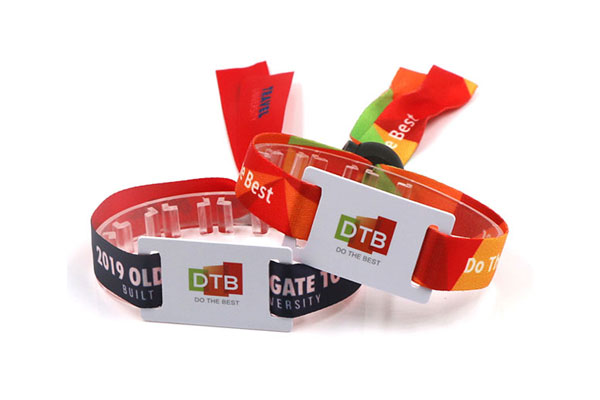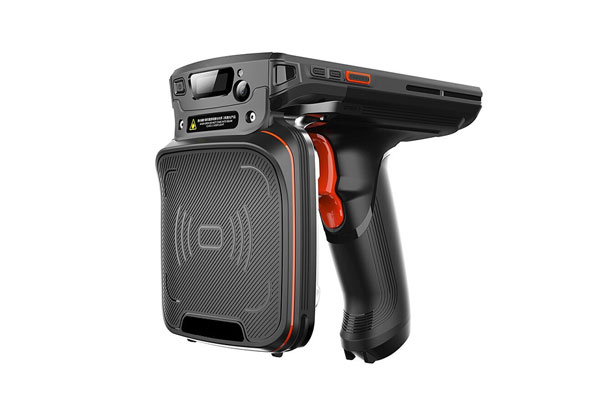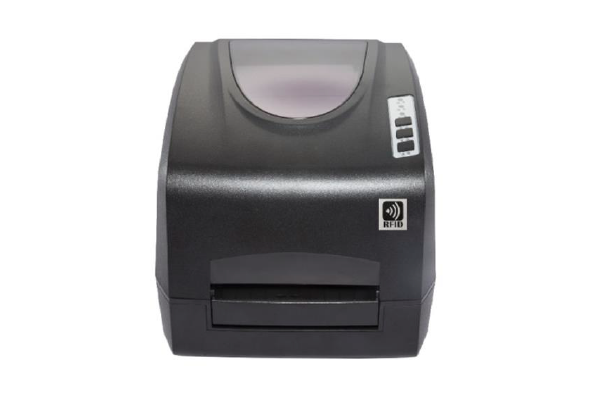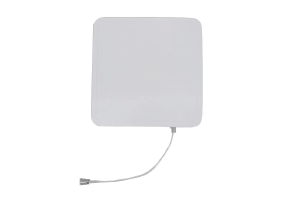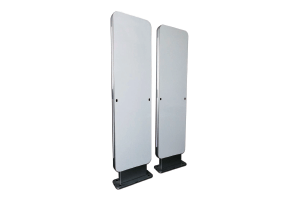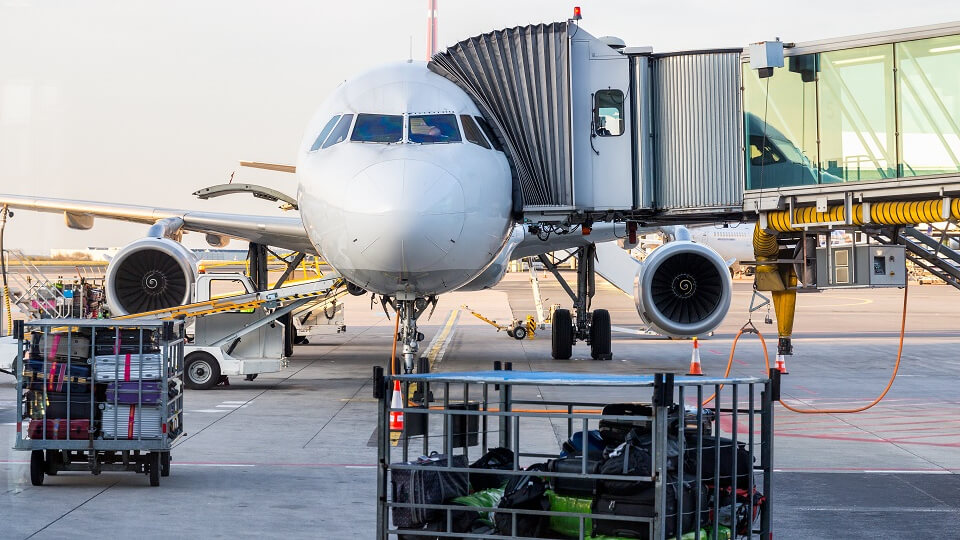As the aviation industry continues to grow, the demand for greater efficiency and accuracy in baggage handling has led to the adoption of RFID technology as a key solution. With the International Air Transport Association (IATA) and major airlines driving standardization and implementation, RFID is reshaping how baggage is tracked and managed globally. Below is a detailed account of RFID’s advancements and practical applications in this field.
Standardization and Global Impact
In 2018, IATA introduced Resolution 753, requiring airlines to implement tracking across critical baggage-handling stages, including check-in, loading, and delivery. This initiative aims to reduce lost or delayed baggage while improving customer satisfaction. To achieve this, IATA has pursued several technical strategies:
1. Adoption of UHF RFID Technology
IATA, in collaboration with ISO and EPCglobal, established the ISO 18000-6C standard for UHF RFID tags, offering significant advantages over traditional barcode systems. While barcodes have a reading accuracy of 75–85%, RFID tags achieve over 90% accuracy. Additionally, RFID systems allow faster, contactless data collection, making them ideal for high-volume environments.
2. Cost Control
IATA estimates that reducing the cost of RFID tags from $0.21 to $0.10 could save the aviation industry $760 million annually. However, the high initial cost of RFID tags and related infrastructure remains a challenge. Efforts are underway to collaborate with chip manufacturers to bring down prices, facilitating widespread adoption.
3. Cross-Regional Compatibility Testing
Through collaboration with regional stakeholders, IATA has tested and verified the compatibility of RFID systems across different frequency bands. For instance, UHF RFID tags encoded in Asia have shown a 99.2% success rate when scanned in the U.S. and Europe, proving their viability for international operations.
Economic Impact and Industry Benefits
The aviation sector handles over 1.7 billion pieces of luggage annually, with approximately 1% being mishandled due to delays, misplacement, or loss. Each mishandled bag costs airlines an average of $100. By reducing mishandling rates by 12%, RFID technology could save the industry $760 million annually. If globally implemented, these savings could increase significantly.
A report by SITA highlights that between 2018 and 2022, the gradual adoption of RFID saved airlines $3 billion. As RFID technology scales, the costs of tags and readers are expected to decrease, amplifying its financial benefits.
Deployment Examples
Delta Airlines
Delta invested $50 million to deploy RFID systems across 344 airports, covering 85% of its baggage handling. This technology allows real-time tracking of luggage, reducing delays and minimizing the risk of loss.
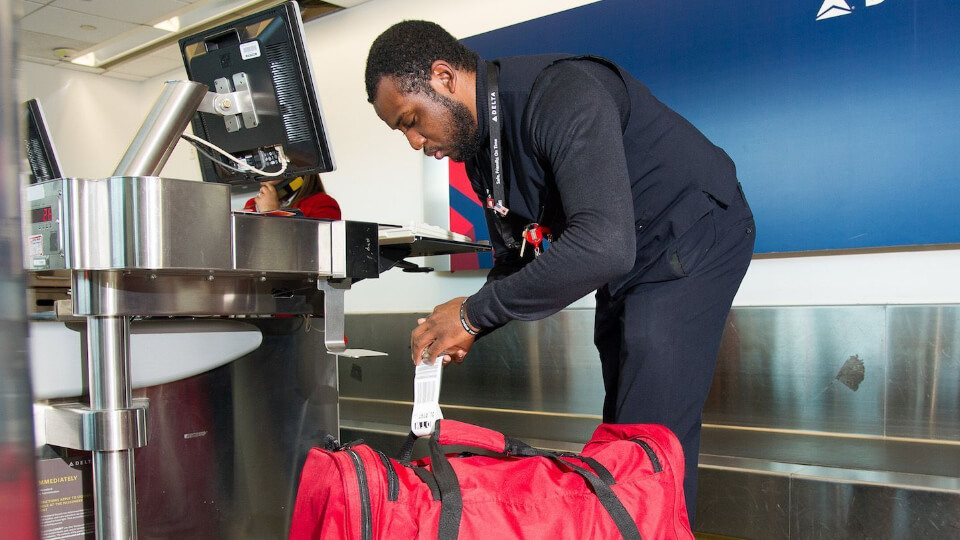
Qantas Airways
Since 2010, Qantas has used RFID on domestic routes for real-time baggage tracking. The system has significantly improved sorting and delivery efficiency.
Emirates and Singapore Airlines
These carriers have integrated RFID into their baggage management services to enhance customer satisfaction. Plans are in place to extend RFID applications across more international routes.
Advantages and Challenges
Advantages of RFID
– High Read Accuracy: RFID tags achieve over 90% reading accuracy, surpassing barcodes (75–85% accuracy).
– Rapid Sorting: RFID systems process data in bulk with minimal human intervention, expediting operations.
– Reduced Mishandling: Accurate identification and real-time data sharing minimize errors in baggage handling.
Challenges
1. Cost Concerns: At $0.21 per tag, RFID remains more expensive than traditional barcodes. Further price reductions are crucial for large-scale adoption.
2. Frequency Band Regulations: Varying regional frequency standards (e.g., U.S., EU, and Asia) complicates system design and deployment.
3. Infrastructure Investments: Implementing RFID requires substantial upgrades to airport and airline systems, posing challenges for smaller operators.
IATA’s “Simplifying the Business” initiative aims to integrate RFID with other smart airport functions, such as self-service check-ins and e-boarding passes, to enable full lifecycle baggage tracking. Additionally, combining RFID with artificial intelligence and big data analytics could optimize flight schedules and improve passenger experiences.
